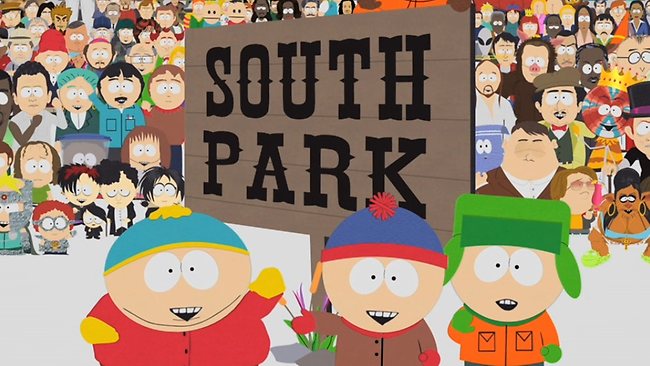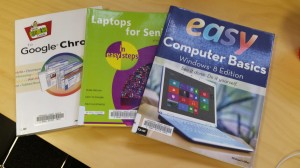Talking about the ways in which new media are studied and experienced as historical subjects, this week’s reading suggested something that I found very intriguing. Lets momentarily remove ourselves from our daily technological whirlwind. Everyday we’re so caught up in texting, emailing, tweeting, blogging, liking, hastaging..the list can go on and on. Yet, how often, if not ever, have you thought about how all of this came about. Just like the ancient old question, was it the chicken or the egg that came first, which came first in the development of ‘new media’? Was it the development of technological methods and devices in which resulted in advance, interlinked communication? Or was it the development modern ideas of communication that sparked the development of technological devices that allowed for such communication desires? Perplexing isn’t it! As easy as it would be to pick one, both options are equally viable. Does the newest version of Facebook come out because we need better ways of communicating or because the website technology was developed first?
Searching through the many interesting posts of other students to see what they have to say about this weeks content, I find that Monique has tied her reading in with the discussions from this weeks symposium. Monique reflects on the secondary reading from this week by Manovich. Funnily enough though, I also found that there are linking ideas from Kenton who also see there to be no beginning or end to databases. Similarly, Monique finds from Manovich that ‘the database in itself is always growing, and, like hypertext, becomes increasingly more connected and is never complete. There is no beginning in certain databases, nor is there a final link.’

source: http://stevemouldey.wordpress.com/2014/07/14/why-does-education-have-so-many-chicken-and-egg-arguments/




